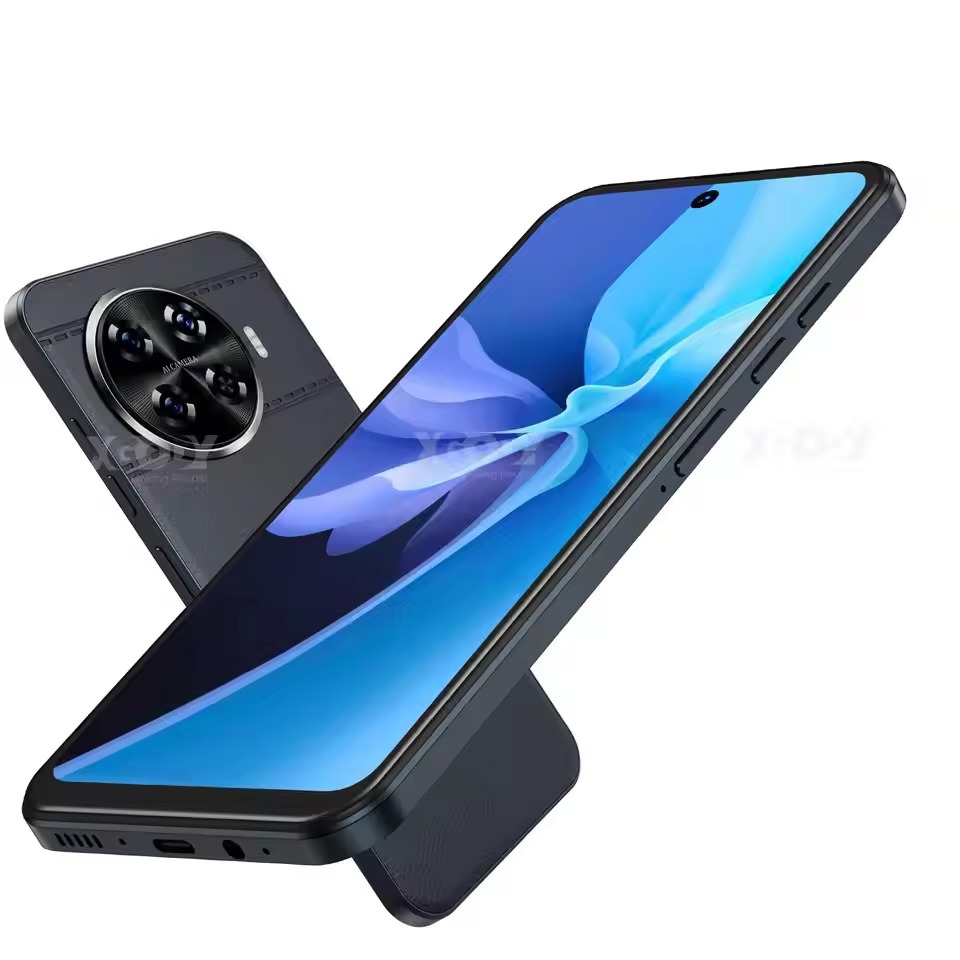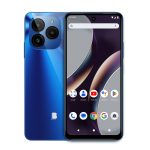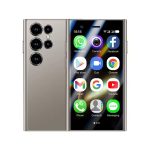The Evolution of the Term ‘Smartphone’
The term ‘smartphone’ has come a long way since its inception. Initially, mobile phones were simply telecommunication devices. But, as technology advanced, so did the capabilities of these devices. They began to include features like email, internet browsing, and apps, which were traditionally associated with computers. The convergence of these capabilities led to the term ‘smartphone.’
In the early 2000s, the term ‘smartphone’ was not as prevalent. Mobile devices with advanced features were often referred to as PDAs, or personal digital assistants. As operating systems like Android and iOS emerged, they brought a level of intelligence to phones that warranted a new name. By the mid-2000s, ‘smartphone’ had become the go-to term for phones with capabilities beyond calling and texting.
Over time, ‘smartphone’ has been streamlined in everyday language. Initially, some may have written it as ‘smart phone,’ treating ‘smart’ as an adjective describing the phone. However, the compound nature of the technology called for a single, unified term. Now, ‘smartphone’ as one word is widely accepted and recognized across the globe.
Understanding the evolutionary path of the term helps clarify why ‘is smartphone one word’ is a relevant question today. It reflects on how rapidly changing technology can influence language and nomenclature, transforming a descriptive phrase into a concrete term. The phrase has not just survived; it has evolved, embodying the fusion of ‘smart’ features with traditional phone functions in one cohesive entity.
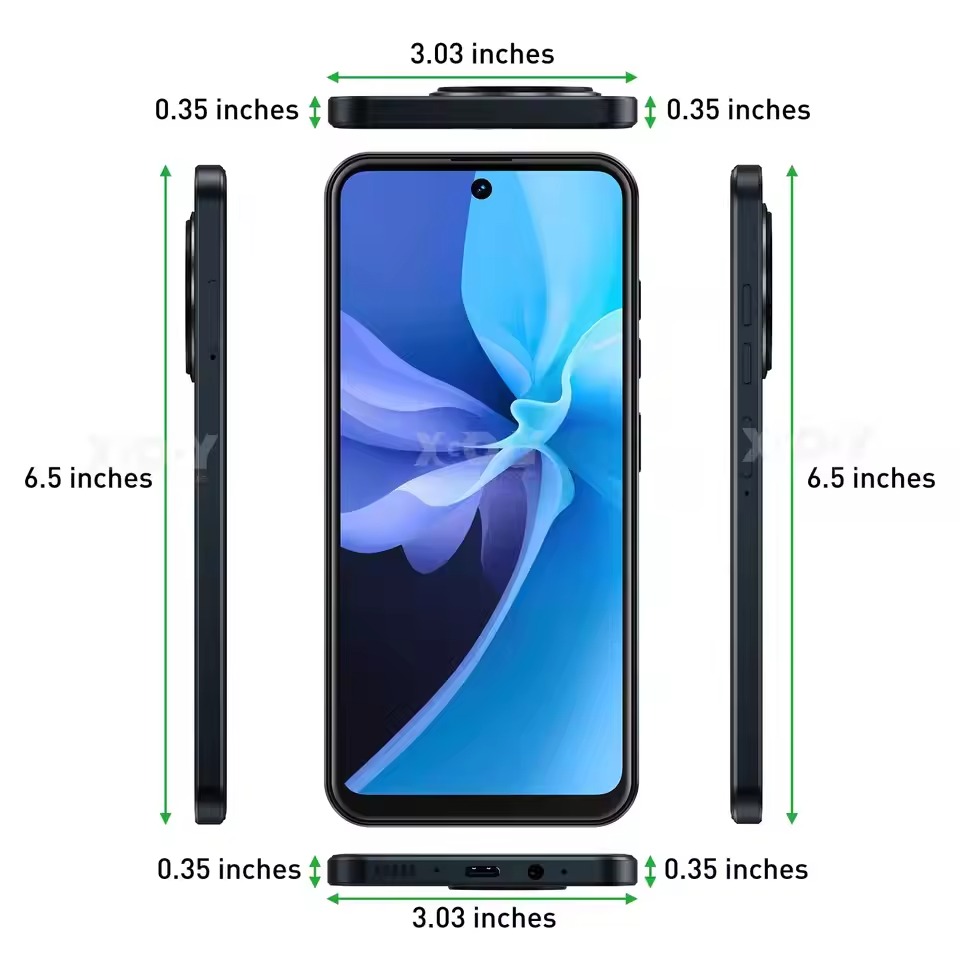
Breaking Down the Word: Smart and Phone
To further understand why ‘is smartphone one word,’ it’s essential to examine its components. The word ‘smartphone’ fuses ‘smart’ and ‘phone’ into a single term. ‘Smart’ implies intelligence or advanced capabilities, reflecting the device’s ability to perform a range of functions beyond traditional telecommunication. ‘Phone’ denotes the primary purpose of the device, which is to make and receive calls.
Earlier, the two terms stood separately. ‘Smart’ described any tool or technology that had automated features or could perform tasks typically requiring human intelligence. ‘Phone’ simply referred to a voice communication device. As technology evolved, the functions of a phone expanded to include features typically seen in computers and other smart devices.
The integration of advanced computing capabilities with traditional telephony is what led to the seamless merging of these two words. This compound word is descriptive of a gadget that is no longer just a phone but an intelligent device capable of computing, navigating, communicating, and more.
As ‘smartphone’ began encompassing a broader meaning, incorporating various intelligent features into the fold, the term naturally transitioned into one word. This shift reflects the device’s transition from a simple communication tool to a multifunctional gadget that is integral to our daily lives.
In essence, ‘smartphone’ as one word conveys a more accurate representation of what these devices have become: compact, intelligent, and multifaceted. By locking ‘smart’ and ‘phone’ together, the term ‘smartphone’ symbolizes the unity of form and function that characterizes modern mobile devices.
Common Misconceptions Around ‘Smartphone’ Spelling
When it comes to the spelling of the term ‘smartphone,’ there are several common misconceptions that arise. Some believe that ‘smart phone’ should be two separate words, while others may alternate between using a hyphen, like ‘smart-phone.’ This confusion is often due to the evolutionary nature of language and the adaptation of technological terms into everyday vocabulary.
One widespread misunderstanding is that ‘smart’ and ‘phone’ should remain distinct. This belief stems from the earlier days of mobile devices when ‘smart’ described features unrelated to making calls. Over time, as the term ‘smartphone’ gained popularity and the devices themselves integrated more computing power, the language community started to view it as a single word.
Another common error is the use of a hyphen. While some new compound terms may start with a hyphen during their formation phase, they often lose it as they become more established in the language. The progression typically moves from two words, to hyphenated, and finally to a unified word. ‘Smartphone’ followed this path and is now widely accepted as one coherent term without a hyphen.
It’s also not unusual for people to capitalize the ‘S’ in ‘smartphone,’ treating it more like a brand name than a generic term. However, standard practice dictates that unless ‘Smartphone’ begins a sentence or forms part of a title, it should not be capitalized.
It is important for writers, bloggers, and tech professionals to use the term ‘smartphone’ correctly to maintain consistency and clarity in communication. As the device continues to be an integral part of modern life, understanding and using the correct spelling helps in promoting a shared and clear understanding of technological terminology.
The One-Word vs. Two-Words Debate in Tech Language
The tech industry often debates the correct way to write certain terms. ‘Is smartphone one word or two?’ is a classic example. This debate has implications for clarity in writing, branding, and even search engine optimization (SEO).
The argument for ‘smartphone’ as one word stems from its widespread acceptance. People tend to blend words as technology and language evolve together. When a new gadget enters the market, it often carries a descriptive, two-word name. But as it becomes ubiquitous, the name often merges into a single word.
On the other hand, some argue for two separate words. They see ‘smart’ and ‘phone’ as distinct concepts. Initially, the term underscored the intelligence (‘smart’) of these mobile devices. But as these features became standard, the distinction lessened. Now, ‘smartphone’ signifies a standard mobile device with advanced capabilities.
SEO plays a vital role in this debate. Online content creators, like bloggers and marketers, must consider search habits. If most people search for ‘smartphone’ as one word, using two words could reduce search visibility. This SEO perspective often influences how tech terms are written.
Also, technical manuals and guides from earlier generations may still use two words. But modern style guides and dictionaries are more likely to recommend the one-word version.
To sum up, while some hold on to the two-word form due to tradition or a technicality, the one-word version ‘smartphone’ is prevailing in everyday language, tech writing, and SEO practice.
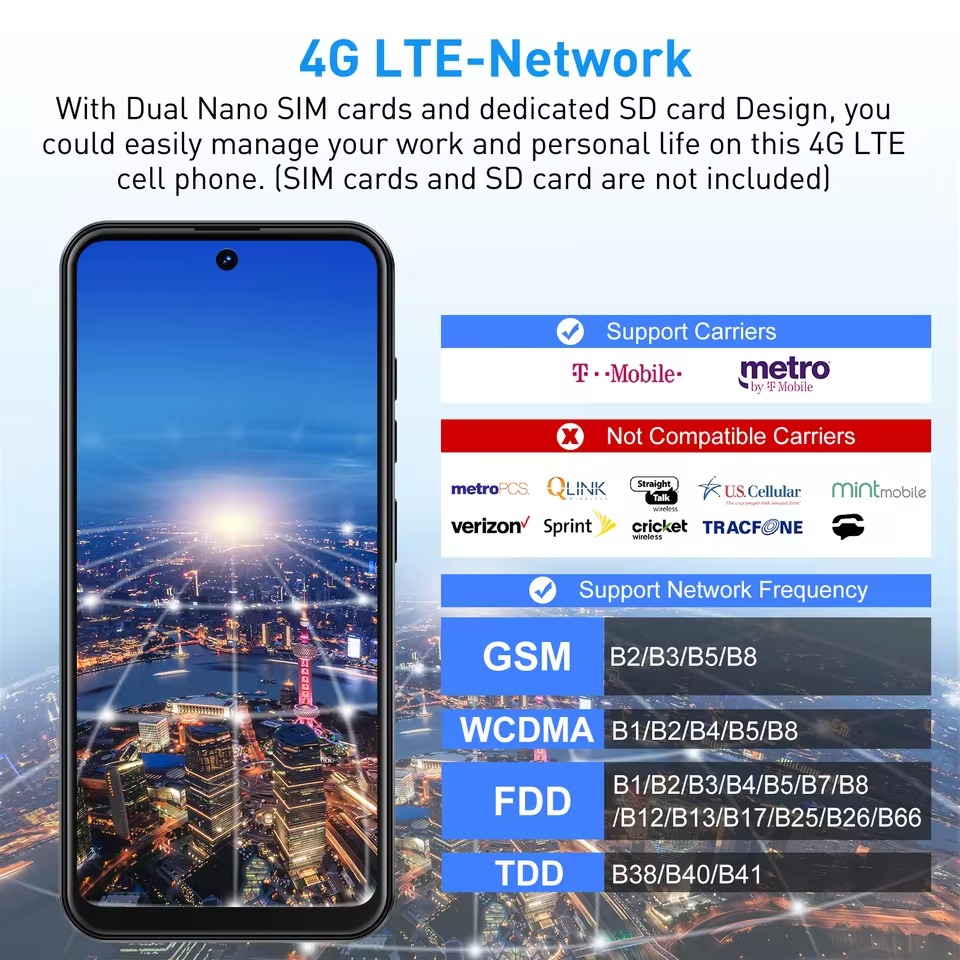
How Leading Dictionaries Define ‘Smartphone’
In understanding whether ‘is smartphone one word,’ turning to authoritative sources can offer clarity. Leading dictionaries play a key role in reflecting language use and confirming the standardization of terms. They are the benchmark for definitions, spellings, and usage.
Dictionaries such as Merriam-Webster, Oxford English Dictionary (OED), and Collins provide definitions that are concise and reflect current usage. Each of these reputable sources lists ‘smartphone’ as one word. Their definitions convey the complexity and capabilities of the device in a single, unified term.
Merriam-Webster defines a ‘smartphone’ as ‘a cell phone that includes additional software functions (such as email or an Internet browser).’ In this definition, the emphasis is on the advanced features that distinguish smartphones from basic cell phones.
The Oxford English Dictionary describes ‘smartphone’ as ‘a mobile phone that performs many of the functions of a computer, typically having a touchscreen interface, Internet access, and an operating system capable of running downloaded applications.’ It reflects the multifunctional nature of smartphones.
Collins states that a ‘smartphone’ is ‘a mobile phone that has functions beyond making phone calls and sending text messages, including Internet browsing and the ability to run software applications.’ This definition reinforces the idea that smartphones are multi-purpose devices.
These dictionary entries not only standardize the spelling of ‘smartphone’ as one word but also shed light on its accepted meaning in society. They document the evolution of the device from a simple communication tool to an essential, intelligent gadget of modern life.
In the realm of tech language, where new terms emerge frequently, dictionaries are essential in recording these changes. By listing ‘smartphone’ as a single word, they signal its transition from technology jargon to a mainstream term. When major dictionaries agree on the usage, it solidifies the term’s place in the English language as a single entity.
For anyone researching the correct spelling and definition of ‘smartphone,’ these dictionaries provide a definitive answer. As language creators and users, relying on such resources ensures consistency and clear understanding across various platforms and mediums.
The Influence of Branding on the Usage of ‘Smartphone’
Branding is a powerful force in cementing language norms and usage. The term ‘smartphone’ gained prominence as tech giants like Apple and Samsung launched their advanced mobile devices. These brands marketed their products aggressively, shaping public perception and language.
Apple’s iPhone, marketed as a ‘smartphone,’ was pivotal in popularizing the term. Apple’s branding strategy emphasized the device’s sophistication and multi-functionality. Such branding efforts helped solidify ‘smartphone’ as a single word in consumers’ minds. Samsung and other tech companies followed suit, branding their devices similarly.
The impact of these branding campaigns was widespread. As people discussed these ‘smartphones,’ the term entered everyday vocabulary. This repetition in advertising and media solidified its single-word usage. ‘Smartphone’ soon became the standard term in marketing materials, product packaging, and tech reviews.
Moreover, search queries on the web mirrored this branding. Users searched for ‘smartphone’ as one word, influencing SEO strategies. Bloggers and online content creators adopted the single-word term. They aimed to optimize their content for the common search phrase ‘is smartphone one word.’
The influence of branding goes beyond marketing. It shapes how language evolves and becomes accepted. In the case of ‘smartphone,’ branding played a crucial role. It led to the global adoption of the term as one word, reflecting the device’s integrated features. Branding has firmly embedded ‘smartphone’ in the contemporary lexicon as a singular term.
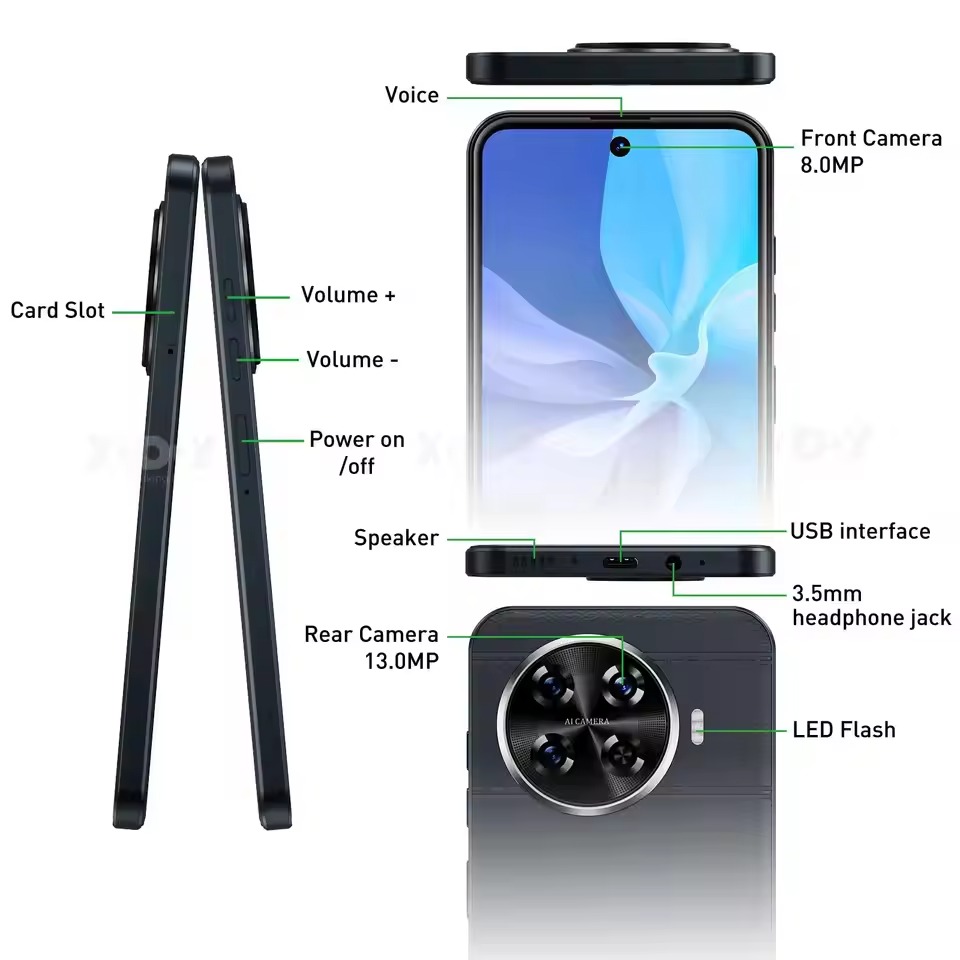
Global Variations in Referring to Smart Devices
Around the world, the term ‘smartphone’ can vary in its usage and spelling. While ‘smartphone’ as one word has become the norm in English-speaking countries, this isn’t always the case globally. International markets often adopt terms based on cultural preferences, tech trends, and language patterns.
In some regions, you might still encounter the term split into two words, ‘smart phone.’ Others may use unique phrases or translate the concept into their local language, reflecting different ways to express the idea of an advanced mobile device. For instance, in some non-English speaking European countries, terms equivalent to ‘mobile phone’ are more commonly used.
In East Asian countries, the characters or script that represent smart devices are directly translated to terms like ‘intelligent mobile phone.’ Here, the language structure influences how the term ‘smartphone’ is adopted and represented.
Furthermore, certain places have colloquial or slang terms that stand in for ‘smartphone.’ These variations are reflective of local dialects and can influence the way tech terms are adopted into mainstream language.
The ‘is smartphone one word’ may not apply universally, but the concept it represents is globally recognized. It’s a testament to the device’s importance and its cultural penetration that so many variations exist to describe it.
